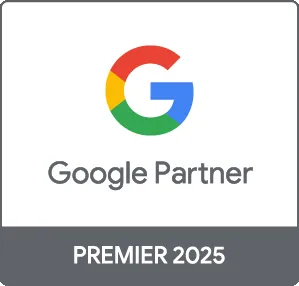Campaign optimization is crucial for businesses looking to achieve better results from their marketing efforts. In Johannesburg, where competition is fierce, optimizing your campaigns can set you apart and ensure that your marketing budget is being spent efficiently. This guide will explore various strategies you can implement to improve your campaign performance, attract more customers, and ultimately drive sales.
Understanding Campaign Optimization
Campaign optimization involves analyzing and refining your marketing efforts to enhance their effectiveness. This process includes adjusting your targeting, messaging, channels, and budget allocation based on performance data. The goal is to maximize return on investment (ROI) while minimizing waste.
1. Define Clear Objectives
The first step in optimizing your campaign is to set clear and measurable objectives. Whether it's increasing website traffic, generating leads, or boosting sales, having specific goals helps in tailoring your strategy effectively. Use SMART goals:
- Specific: Clearly define what you want to achieve.
- Measurable: Ensure you can track progress.
- Achievable: Set realistic targets.
- Relevant: Align with your overall business goals.
- Time-bound: Set a deadline for achieving your goals.
2. Analyze Past Campaign Performance
Utilizing data from previous campaigns can provide insights into what worked and what didn't. Look at key performance indicators (KPIs) like:
- Click-through rates (CTR)
- Conversion rates
- Cost per acquisition (CPA)
- Return on ad spend (ROAS)
This analysis will help you identify patterns and inform future campaign adjustments.
3. Segment Your Audience
In Johannesburg's diverse market, understanding your audience is crucial. Segment your audience based on demographics, interests, and behavior. This allows for more targeted messaging and ad placements:
- Demographic Segmentation: Age, gender, income, etc.
- Behavioral Segmentation: Purchase history, online activity, etc.
- Geographic Segmentation: Target specific areas within Johannesburg.
By tailoring your campaigns to each segment, you can improve engagement and conversion rates.
4. A/B Testing
A/B testing is a powerful method for optimizing campaigns. Test different versions of your ads, landing pages, and emails to see which performs better. Key elements to test include:
- Headlines and copy
- Images and videos
- Call-to-action buttons
- Targeting parameters
By analyzing the results, you can make informed decisions on the most effective elements to use.
5. Budget Allocation
Efficient budget allocation is essential for maximizing ROI. Monitor performance regularly and adjust your budget based on which campaigns or channels deliver the best results. Consider reallocating funds to the highest-performing segments and campaigns.
6. Utilize Automation Tools
Automation tools can significantly enhance your campaign optimization efforts. They can help you schedule posts, analyze data, and optimize bids without manual intervention. Popular tools include Google Ads, Facebook Ads Manager, and marketing automation software like HubSpot.
Conclusion
Effective campaign optimization in Johannesburg requires a comprehensive approach that includes clear objectives, audience segmentation, and continuous testing and adjustment. By following these strategies, you can enhance your marketing efforts, achieve better results, and ultimately grow your business. For help optimizing your campaigns, consider reaching out to a professional agency that specializes in campaign strategy and execution.





